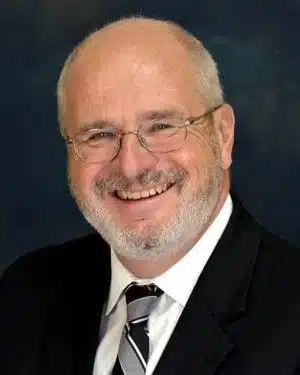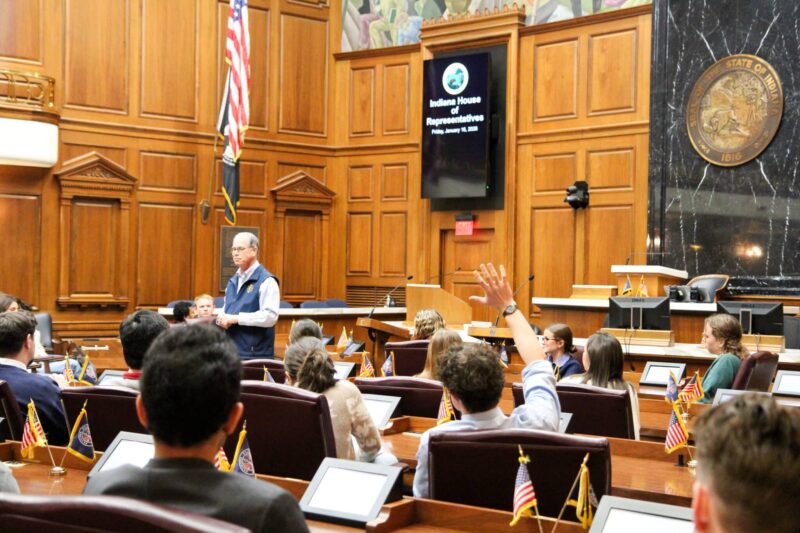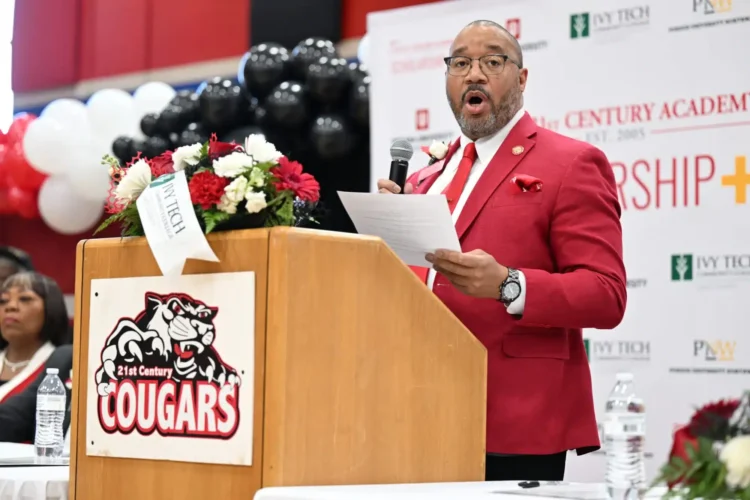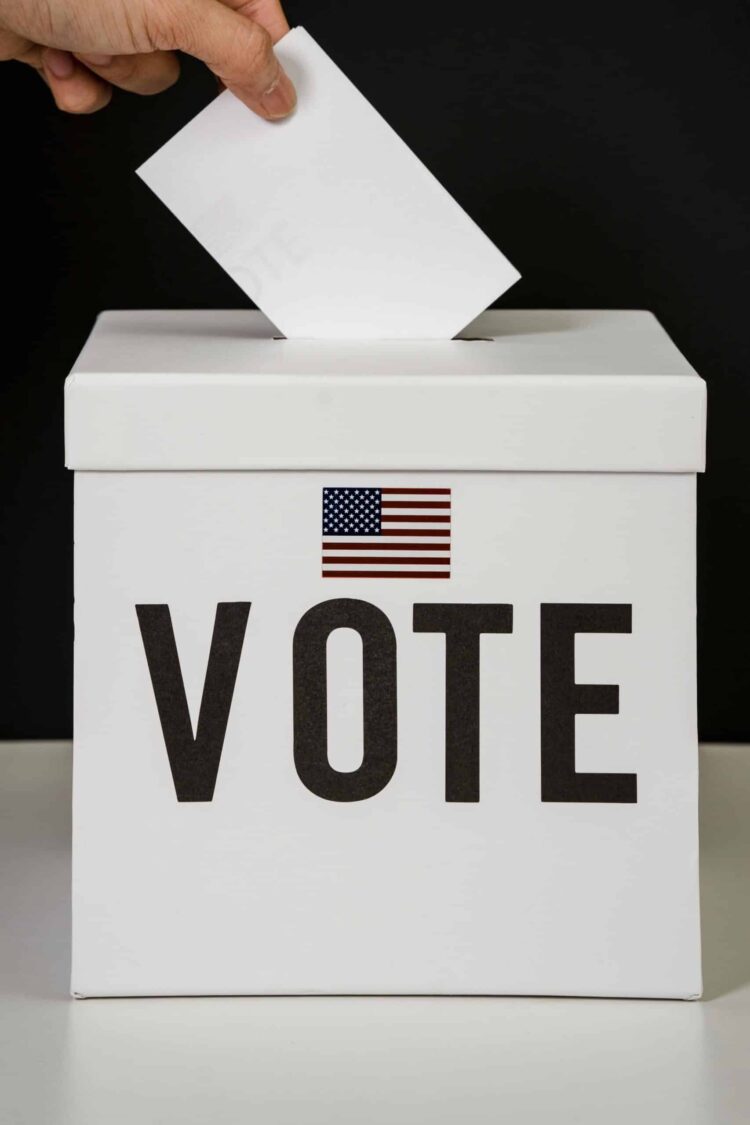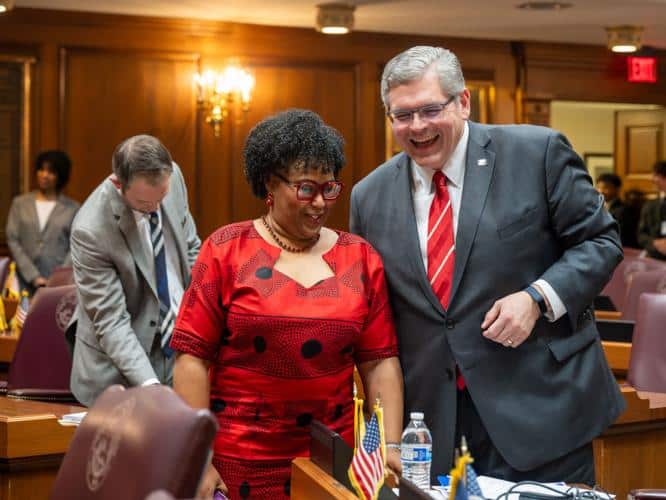In the fevered atmosphere of comic-book culture, there was a large contingent of fans with allegiances to previous versions of the hero’s adventures who were and are eager to dislike director and writer James Gunn’s film. Pop-culture loyalties often achieve fervency at the cost of reason or balance.
But Gunn’s “Superman” also provoked strange reactions from areas beyond the comics shops and chat rooms.
Cultural critics from MAGA world worried that the movie would be too “woke”—too supportive and embracing of diversity, equity and inclusion. They feared that this version of Superman’s tale would be too kind to women, to racial and ethnic minorities, to people from other nations and cultures and to outsiders.
But how could a true Superman movie not be all those things?
Superman’s origin story often is thought of as simple.
It isn’t. It resonates after more than 80 years of telling and retelling on the printed page, over the radio, on television and on movie screens because, like all great myths, it reverberates with us.
All the lasting superhero characters do.
Batman speaks to our need to believe that we can make a world in which every institution and guardrail have been broken continue to make sense. Spider-Man’s credo—“with great power comes great responsibility”—could have been slipped seamlessly into the inaugural address of John F. Kennedy, the man who was president when the webslinger came to life. The Hulk’s creation from a quasi-nuclear explosion gone wrong spoke to our fears that technology and science were outracing morality and caution.
And the greatest, most famous superhero of them all?
Well, Superman—“the strange visitor from another planet” who became the embodiment of “truth, justice and the American way” as the old TV show put it—is the ultimate immigrant success story. He came here from far, far away and he believes in our national verities not because he was born into them, but because he opted to embrace them.
Converts of his sort are always the most devout. Because their faith is a matter of choice rather than inheritance, it becomes a matter of willed—rather than unthinking—commitment.
But Superman’s devotion always came with a kind of yearning.
His adopted identity was not that of the superhero, but that of the ordinary citizen—“the mild-mannered reporter from a great metropolitan newspaper,” as, once again, the old show put it. Clark Kent was his attempt not to stand out but to fit in.
To belong.
His desire to be part of his new world is all-embracing. It is the reason that, no matter how heinous the actions of Lex Luthor may be, Superman does not resort to ultimate sanctions. No matter how great the provocation, he does not kill.
It also is the reason he, perhaps alone among the great superhero figures, gives his heart without hesitation.
Superman’s great love, of course, is Lois Lane, his fellow reporter at The Daily Planet. She has evolved into being one of the great female characters in comics, a bright and courageous woman who also is sensitive and savvy enough to see the man inside the Superman.
She always begins her story arc by being awed by Superman’s power but that awe gradually surrenders to her love for Clark Kent’s decency, his determination to always try to do the right thing and to treat everyone fairly.
Often, their relationship inverts traditional notions of male-female relationships. She more often than he is one who sees the world as it is and anticipates threats before they arrive. She is his protector as frequently as she is a damsel in distress.
That is one of the many things Gunn’s movie gets right about Superman.
The courtship between Clark and Lois shows two people who respect each other and each other’s differences—and who are trying to forge an intimate partnership. It’s a fairytale romance grounded with real-life feelings.
But by far the best thing about this latest telling of the Superman story is that it understands the message of the “strange visitor’s” saga.
That message?
No matter who we are or where we come from, we’re all human.
And if we choose to—if we believe hard enough—we all can be Americans.

